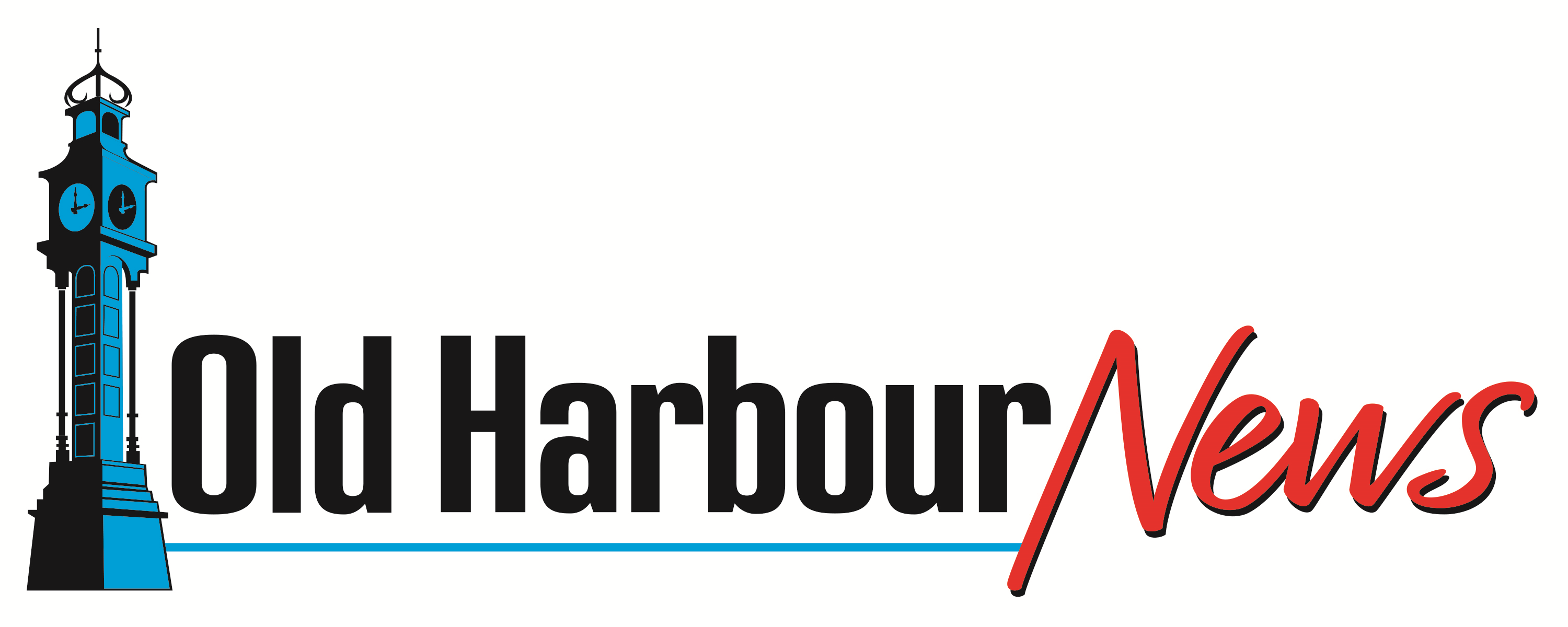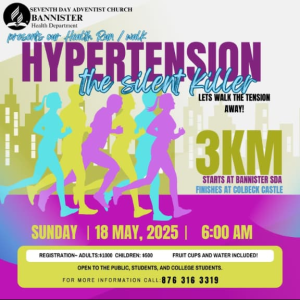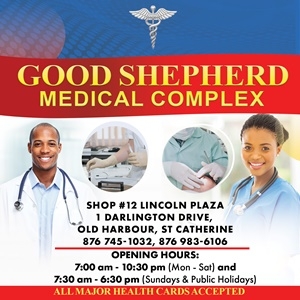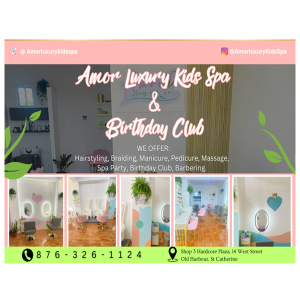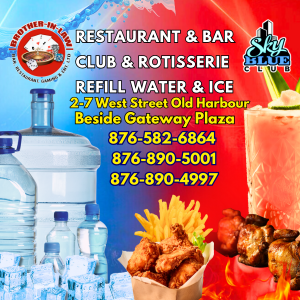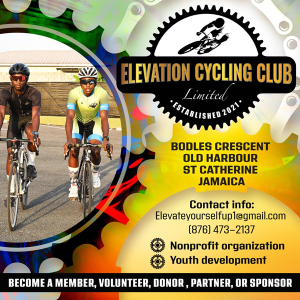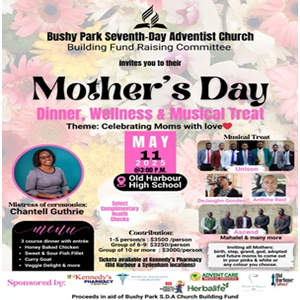Four minutes to save a life: Learn CPR
Article By: JIS
-

- Aug 26, 2022 11:34 AM | Four minutes to save a life: Learn CPR, Health
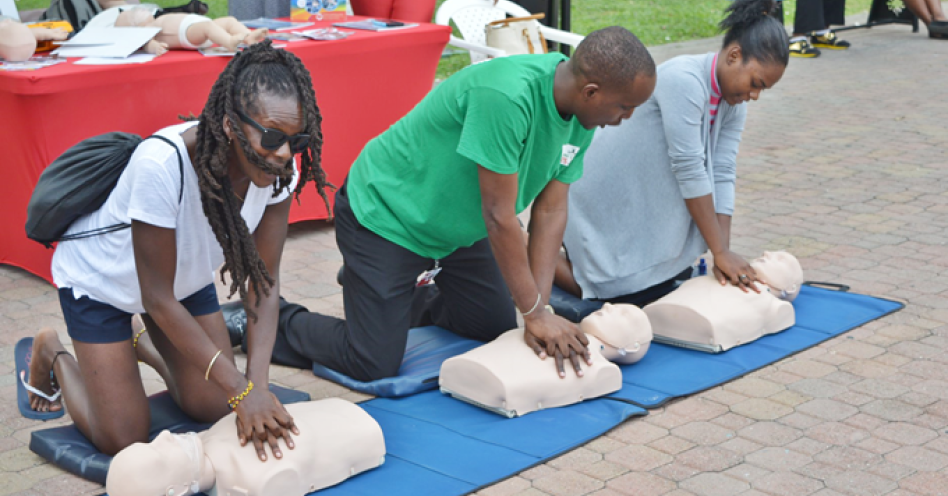
This was the message from Director of Emergency Cardiac Care at the Heart Foundation of Jamaica (HFJ) Dr. Hugh Mark Wong, as he addressed a JIS Think Tank on Tuesday (August 23).
Dr. Wong was speaking against the background of the observation of CPR Week, August 22 to 28, under the theme ‘Let’s Push Start the Heart, Give CPR’.
Dr. Wong, who is also Head of the Accident and Emergency Department at the Kingston Public Hospital, explained that there is enough oxygen within the tissues of the essential organs to maintain the function of these organs for a short time.
“The organs will maintain oxygenation to a point. This diminishes with time and for every minute that passes without CPR or defibrillation, the survival rate drops by 10 per cent. If you don’t have CPR within the first four minutes, the chance of survival drops rapidly,” the ECC Director noted.
He added that after four minutes, the likelihood of brain damage increases and after 10 minutes, the survival rate is almost zero.
Dr. Wong stated that CPR using chest compressions can buy some time until more experienced personnel or advanced care in the form of a device, used by the rescuer, to separate the breaths arrives.
“You don’t need any additional tools,” the ECC Director emphasised, “your hand and your brain and the willingness to do so, and that is CPR”.
Dr. Wong encouraged members of the public to contact the HFJ and sign up for the CPR courses that are offered. He also highlighted the upcoming Friends and Family CPR Day which will take place on Saturday (August 27) at 9 a.m.
“I encourage everybody to come out and learn CPR. The course is three hours and will be taught by our in-house CPR team. This course does not require that you pass an exam. It is strictly skills-based and is easy to learn,” he contended.
The ECC Director reasoned that the life you save would most likely be a co-worker, a family member or a friend, and this is because more time is spent with these persons.
“You learn where to position your hands, you learn to recognise unresponsiveness, how far you compress, how fast you compress and when to release,” Dr. Wong indicated, adding that persons are taught during the training that mouth-to-mouth resuscitation is not necessary.
“We do mouth-to-mouth if it’s a close relative or somebody you trust, but there are other techniques, especially in the COVID era where you are encouraged to do chest compressions-only CPR,” he noted.
The important thing, with CPR Dr. Wong said, is that persons should learn to do it properly.
“CPR that is not done properly is often to the detriment of the patient. You may not have been doing the chest compressions deep enough or you may not be giving the breaths adequately and you end up having a half-resuscitated person, meaning they have the heart function back but the brain is gone,” the ECC Director further explained.
“So, we teach how to do it properly because its best that CPR is taught properly, learned properly and done properly, to the benefit of the patients that we aim to rescue,” Dr. Wong added.
